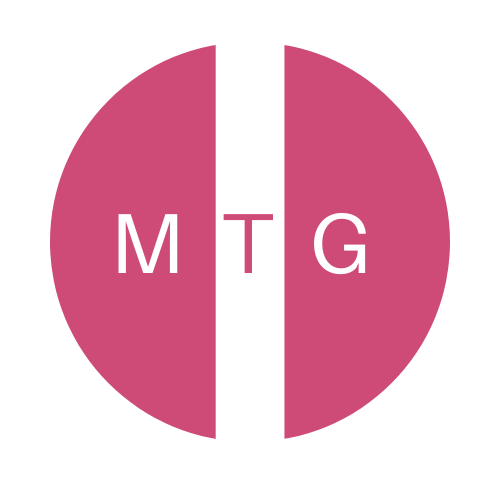
Civic engagement is when a community works together to protect public values or make positive change. It can build community gardens to address food insecurity, create community partnerships to tackle substance misuse, or develop public art initiatives to make art and creativity accessible to everyone.
That is not to say civic engagement doesn’t have its shortcomings, especially as it relates to the municipal public meeting. Input from the public is crucial to any project or initiative in any community. While not necessarily experts on the given subject, the public will likely be the end-user or the ones who have to live with the initiative in question, such as expanded bikes lanes or an affordable housing project. Their reactions and ideas are important.
I have some experience with the public meeting having been part of a few city committees and as an elected official. My experience mirrors municipal meetings across the country, which is that the traditional public meeting provides an artificial sense of the stakeholders in a community.
A recent study from Boston University concludes that those that tend to participate in public meetings are older, male, whiter, and wealthier than the average citizen.
Why does this matter? Because whole communities of people might be marginalized from the process, leaving decision makers to cater to a perceived “public” that is actually much narrower and more homogenous in its views and interests. This can lead to further disenfranchisement because those communities continue to feel invisible or unrepresented.
This vicious cycle can be turned into a virtuous circle by updating how we think about civic engagement, breaking down the barriers to access, and giving less power to those who are already well connected. The public sector can take a page from the private sector and look at data that supports diversity of ideas. Diversity sparks cognitive action in ways that homogeneity does not.
At Mind the Gap, we think civic engagement is powerful and sexy. We have a vision for greater access and involvement, and work with communities to adopt inclusive practices for a more equitable future.
Nancy Pearson is Founder and Chief Transformation Officer at Mind the Gap
